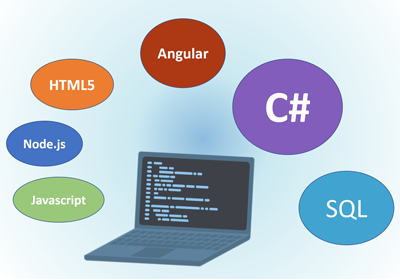 |
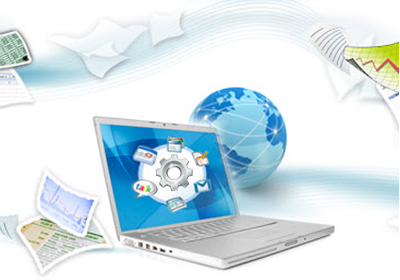 |
 |
 |
Desktop Apps |
Web Apps |
Books & Courses |
Cameron's Studio |
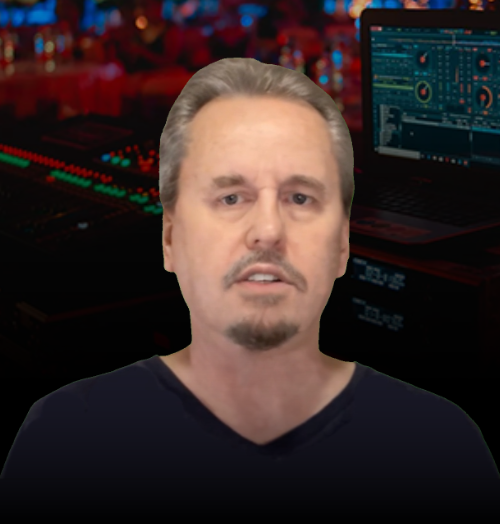
Welcome!
Thanks for stopping by. My name is Cameron Landers. I'm a software engineer, musician, writer and blogger. I provide a variety of technical and creative services and capabilities.
|
|
Top Tech Skills
|
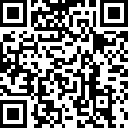
 If you include your phone number, I will personally call you back to discuss your needs.
If you include your phone number, I will personally call you back to discuss your needs.

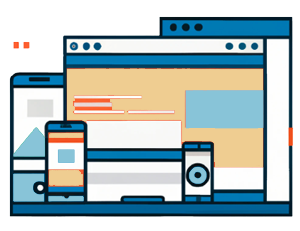 Cross-platform requirements? No problem! I build solutions that span across Windows, MacOS, Unix/Linux and mobile devices of all kinds. I can work with a variety of frameworks, object-relational mappers (ORMs), continuous integration tools, third-party libraries and APIs of all kinds.
Cross-platform requirements? No problem! I build solutions that span across Windows, MacOS, Unix/Linux and mobile devices of all kinds. I can work with a variety of frameworks, object-relational mappers (ORMs), continuous integration tools, third-party libraries and APIs of all kinds.

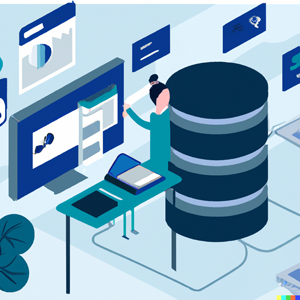 Databases
Databases



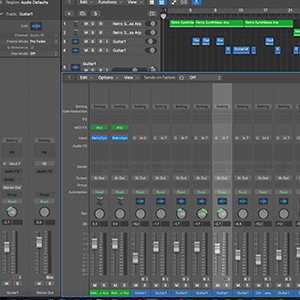 Services for bands: Multi-track mixing and mastering, radio-quality demos, and more. I build performance quality backing tracks that enable you to supplement your live performaance with instruments that you don't have.
Services for bands: Multi-track mixing and mastering, radio-quality demos, and more. I build performance quality backing tracks that enable you to supplement your live performaance with instruments that you don't have.
Task or Task<T> (not a void).async void, since it won't be called by other methods.async void.